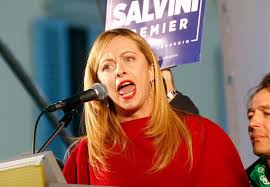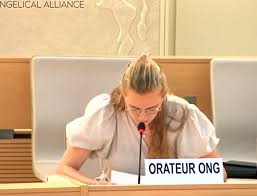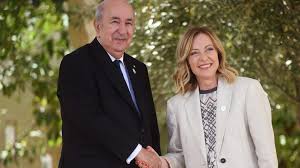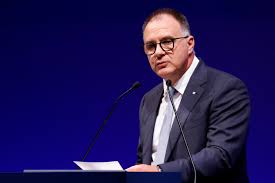Meloni may give Italy stability, but beware the enemy within

Alberto Mingardi
Rome: Giorgia Meloni was the undisputed winner of Italy’s parliamentary elections on September 25 and is now the head of the Italian government.
The country’s first woman prime minister, Ms. Meloni is a self-defined underdog: she came from a humble family and was raised by a single mother. She entered politics in the 1990s and was first elected as a representative in local government in 1998. Before that, she had multiple working experiences but no university degree.
Hers is, in a nutshell, an unlikely profile for the prime minister of a major European country these days: she is a right-wing, career politician who does not share the typical cursus honorum of world leaders. This is evidence of her determination.
Ms. Meloni’s rise over the past couple of years has been spectacular. In 2018, her party scored 4.3 percent of the vote. Then it won 6.5 percent in the 2019 European elections, and in September it garnered 26 percent. Certainly, Ms. Meloni leveraged her opposition to her predecessor Mario Draghi’s government, which served for more than a year, and gained credibility by opposing several Covid-19 restrictions. Yet few will dispute these successes bear only her signature.
She has become prime minister in dire times. Italy has not seen such high inflation since 1980. The energy crisis is adding uncertainty and makes business lobbies and trade unions continuously bid for more government help. Italy’s growth is forecasted to reach 3.2 percent in 2022, but a recession is looming on the horizon. Public debt is 150 percent of gross domestic product and, while inflation helps ease that burden, any interest rate hike may make the country more vulnerable.
Ms. Meloni won the election at the helm of an apparently homogenous coalition. Names have changed with time, but in essence, she is leading the same group of political parties that first won elections in 1994. Silvio Berlusconi was then the front man and he succeeded in bringing together the federalists of the Northern League, or Lega Nord, and the nationalists of Alleanza Nazionale, which earlier on included post-World War II fascist nostalgists. These parties have lots of miles on them and represent, on paper, what looks like a stable coalition. Yet the internal equilibrium has changed over time.
In recent years, Mr. Berlusconi’s star has faded, and young leaders have emerged. In 2018, it was the Northern League’s Matteo Salvini who could claim to be the senior partner. Now, it is Ms. Meloni’s turn.





